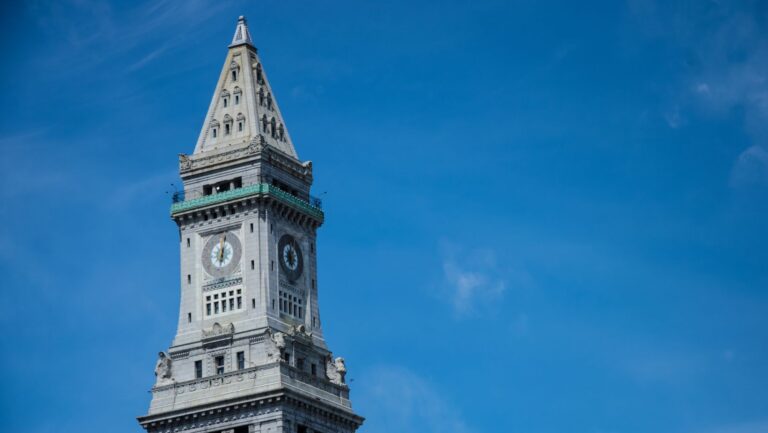Last Updated on June 4, 2024 by Nala Thorpe
Boston, Massachusetts, is a vibrant and historic city that attracts residents from all walks of life. As with any city, it’s essential for residents to understand the various tax rates they will be subject to as they live and work in Boston. This article will provide an overview of the income, property, sales, and excise tax rates that everyday residents in Boston should be aware of.
Taxes and cost of living is one of the most important considerations to think about when moving to Boston, MA. If you are planning a move to the area consider hiring a team of movers in Boston to assist with your move.
Boston Income Tax
Massachusetts has a flat state income tax rate of 5.00% for both single and joint filers. This means that regardless of your income level, you will pay 5.00% of your taxable income to the state. Boston does not have a separate city income tax, so the state rate is the only income tax residents need to consider. However, it’s important to note that Massachusetts does offer certain exemptions and deductions that can help reduce your taxable income, such as the personal exemption, dependent exemption, and deductions for certain expenses like charitable contributions and student loan interest.
Boston Property Tax
In Boston, property tax is calculated based on the assessed value of the property and the current tax rate.
The city determines the assessed value of a property through a process of valuation and assessment, which takes into account factors such as the property’s size, location, and condition. For fiscal year 2023, the residential property tax rate in Boston is $10.67 per $1,000 of assessed value.
Boston offers several property tax exemptions and abatements that can help reduce the tax burden for certain homeowners. The most common exemption is the residential exemption, which is available to homeowners who occupy their property as their primary residence. This exemption reduces the taxable value of the property by a certain amount, which is determined annually. In fiscal year 2023, the residential exemption amount is $316,090. Other exemptions include the senior citizen exemption, which is available to homeowners age 65 and older who meet certain income and asset requirements, and the hardship exemption, which is available to homeowners who are experiencing financial hardship due to extenuating circumstances.
Boston Sales Tax
Massachusetts has a state sales tax rate of 6.25%, which applies to most tangible personal property and certain services. Boston does not have a separate city sales tax, so the state rate is the only sales tax that residents and visitors need to pay. However, there are certain items that are exempt from sales tax in Massachusetts, such as food and clothing items costing less than $175 per item, prescription medications, and certain medical devices.
Boston Excise Taxes
In addition to the taxes mentioned above, Boston residents may also be subject to certain excise taxes, such as the motor vehicle excise tax and the meals tax.
The motor vehicle excise tax is an annual tax that is assessed on all registered motor vehicles in Massachusetts. The tax is based on the value of the vehicle and is calculated using a formula that takes into account the vehicle’s manufacturer’s list price and its age. The current motor vehicle excise tax rate in Boston is $25 per $1,000 of valuation.
The meals tax is a local option tax that Boston has adopted, which applies to the sale of restaurant meals and prepared food. The meals tax rate in Boston is 0.75%, which is added to the state sales tax rate of 6.25%, resulting in a total tax rate of 7.00% on restaurant meals and prepared food.
Final Thoughts
Understanding the various tax rates that apply to everyday residents in Boston is essential for financial planning and budgeting. While the tax rates may seem complex at first glance, taking the time to familiarize yourself with the income, property, sales, and excise taxes can help you make informed decisions about your finances and ensure that you are meeting your tax obligations. By staying informed and taking advantage of available exemptions and abatements, Boston residents can successfully navigate the city’s tax landscape and enjoy all that this vibrant city has to offer.






